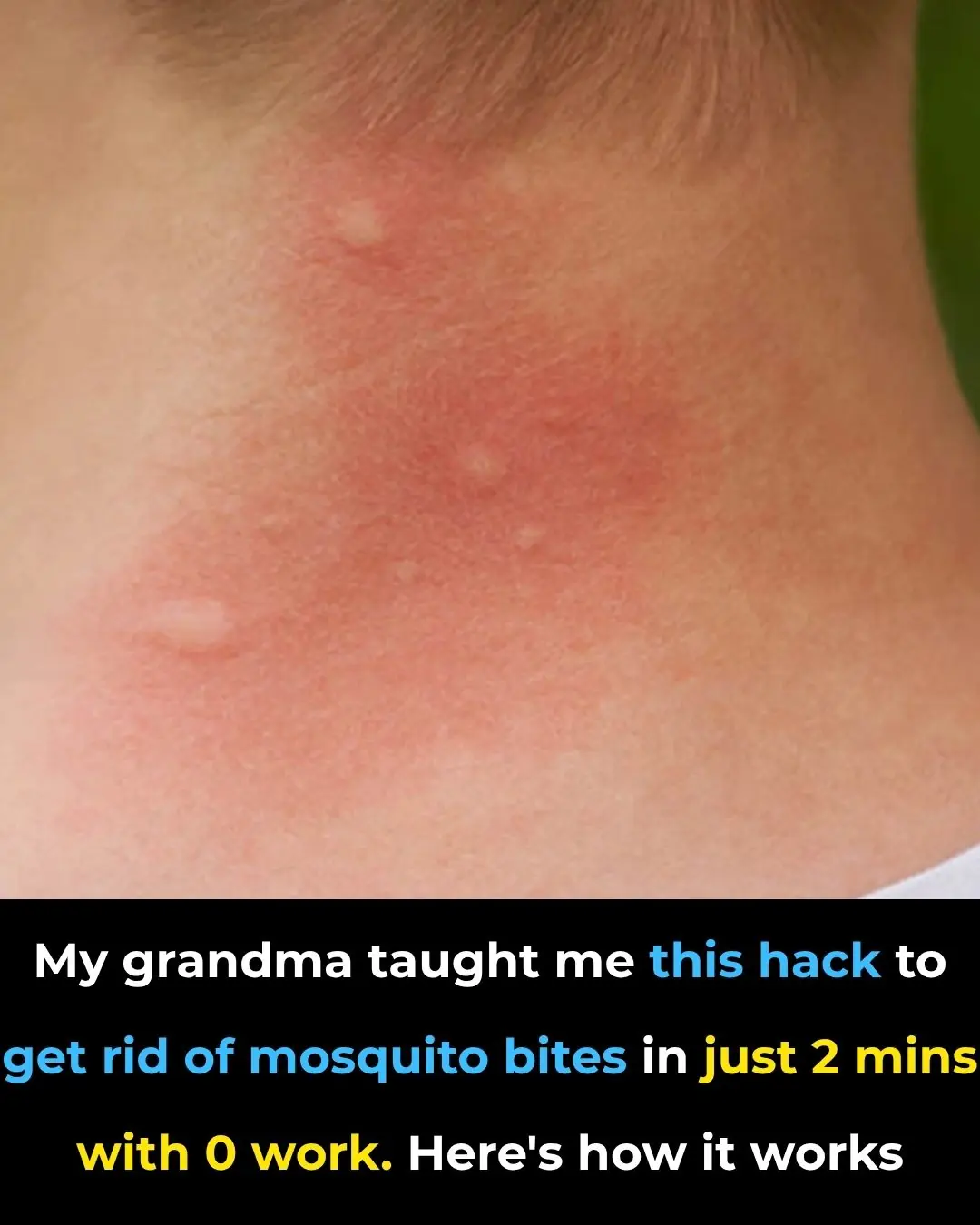
The Human Brain Isn’t Built for Late Nights, Experts Warn
Why Staying Up Past Midnight Can Harm Your Brain More Than You Think
Staying up late might seem harmless — whether you’re binge-watching shows, finishing work, or scrolling through social media — but science suggests the brain simply isn’t built for high performance after midnight. Studies now show that being awake past midnight can impair mental health, emotional control, and decision-making, revealing just how deeply late-night habits can interfere with our biological design.
The Brain After Midnight: What Really Happens
Our brains operate according to the circadian rhythm, the body’s internal 24-hour clock that regulates sleep, energy, and alertness. This rhythm naturally aligns with daylight, prompting wakefulness during the day and rest at night.
After midnight, however, the brain’s capacity to process information, regulate mood, and make logical decisions drops significantly. Neurologists explain that the prefrontal cortex — the brain’s decision-making center — becomes less active, while emotional centers, such as the amygdala, grow more reactive. This imbalance can lead to poorer judgment, impulsivity, and emotional volatility.
“The human brain isn’t designed to function optimally during the late-night hours,” researchers note. “Our internal systems expect rest and recovery — not stimulation or complex problem-solving.”
The Evolutionary Explanation
This nighttime vulnerability isn’t random — it may stem from human evolution. For most of history, humans were diurnal creatures, active during daylight when visibility and safety were highest. At night, early humans faced greater threats from predators and environmental dangers.
To adapt, the brain evolved to favor rest, repair, and minimal risk-taking after dark. Staying up late disrupts this ancient pattern, confusing the body’s natural rhythms and causing what scientists call “circadian misalignment.”
This misalignment can trigger a cascade of physiological effects: increased cortisol (the stress hormone), higher blood pressure, and disrupted metabolic processes — all of which affect not just mental clarity but long-term health.
Risky Decisions and Emotional Instability
Research has shown that being awake past midnight is associated with greater impulsivity and poorer emotional regulation. In fact, studies suggest that people are more prone to:
-
Making riskier financial or personal decisions
-
Engaging in substance use or overeating
-
Experiencing heightened negative emotions or anxiety
A 2022 study published in Frontiers in Network Physiology revealed that brain activity patterns shift significantly after midnight. Neural circuits linked to reward and emotion become more dominant, while rational thought processes decline. This can amplify feelings of loneliness, hopelessness, and depression, particularly among those already vulnerable to mental health challenges.
In essence, the mind at midnight is not the same mind you have at noon — it’s more emotional, less rational, and more likely to focus on the negative.
The “Mind After Midnight” Hypothesis
Neuroscientists refer to this phenomenon as the “Mind After Midnight” effect, a state in which the brain’s chemistry and activity are altered due to circadian disruption. During this time, the balance of neurotransmitters like dopamine and serotonin fluctuates, potentially leading to:
-
Impaired judgment
-
Reduced impulse control
-
Distorted perception of risk and reward
This helps explain why late-night hours are statistically linked to higher rates of accidents, impulsive behaviors, and even mood disorders. For individuals already struggling with depression or anxiety, staying up late can worsen symptoms, creating a vicious cycle of poor sleep and emotional distress.
Are Night Owls Doomed? Not Necessarily
Some people naturally identify as “night owls,” finding themselves most alert and creative after dark. While this may be a valid biological preference, the key is balance and consistency. If you stay up late, aim to maintain a regular sleep schedule and ensure you still get 7–9 hours of rest.
You can also support your circadian rhythm by:
-
Limiting screen time before bed — blue light disrupts melatonin production.
-
Dimming lights after 10 p.m. to cue the brain for rest.
-
Avoiding caffeine or alcohol late in the evening.
-
Creating a wind-down routine, such as reading, meditation, or light stretching.
Even small adjustments — like going to bed 30 minutes earlier — can improve mood, focus, and energy levels over time.
The Takeaway: Protecting Your Brain’s Night Shift
While modern life often demands late nights, the science is clear: the brain works best when it rests during its natural nighttime window. Staying awake past midnight doesn’t just lead to fatigue — it alters the way you think, feel, and make decisions.
By honoring your body’s natural rhythms and prioritizing restorative sleep, you protect both your mental health and cognitive function. In a world that celebrates hustle and late-night productivity, sometimes the smartest choice you can make is the simplest one — go to bed.
News in the same category

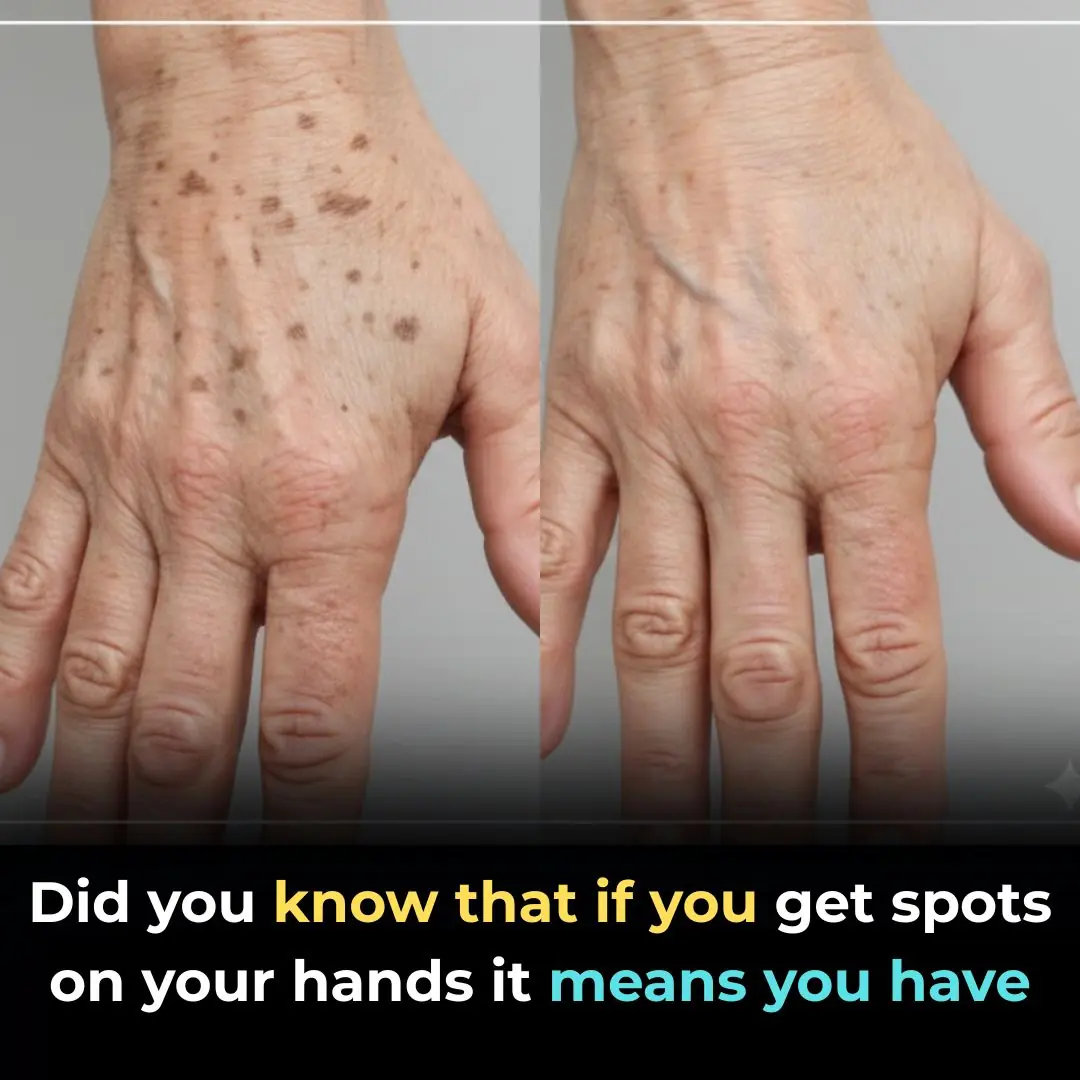
Did you know that if you get spots on your hands it means you have

This starves colon cancer cells — and strengthens your body’s natural defenses

7 COLLAGEN-boosting foods to ERASE joint pain & inflammation FAST!

Harvard Doctor Reveals Foods You Should Avoid to Prevent Inflammation

Unlock Your Body’s Hidden Power: Try Garlic and Honey on an Empty Stomach for 7 Days
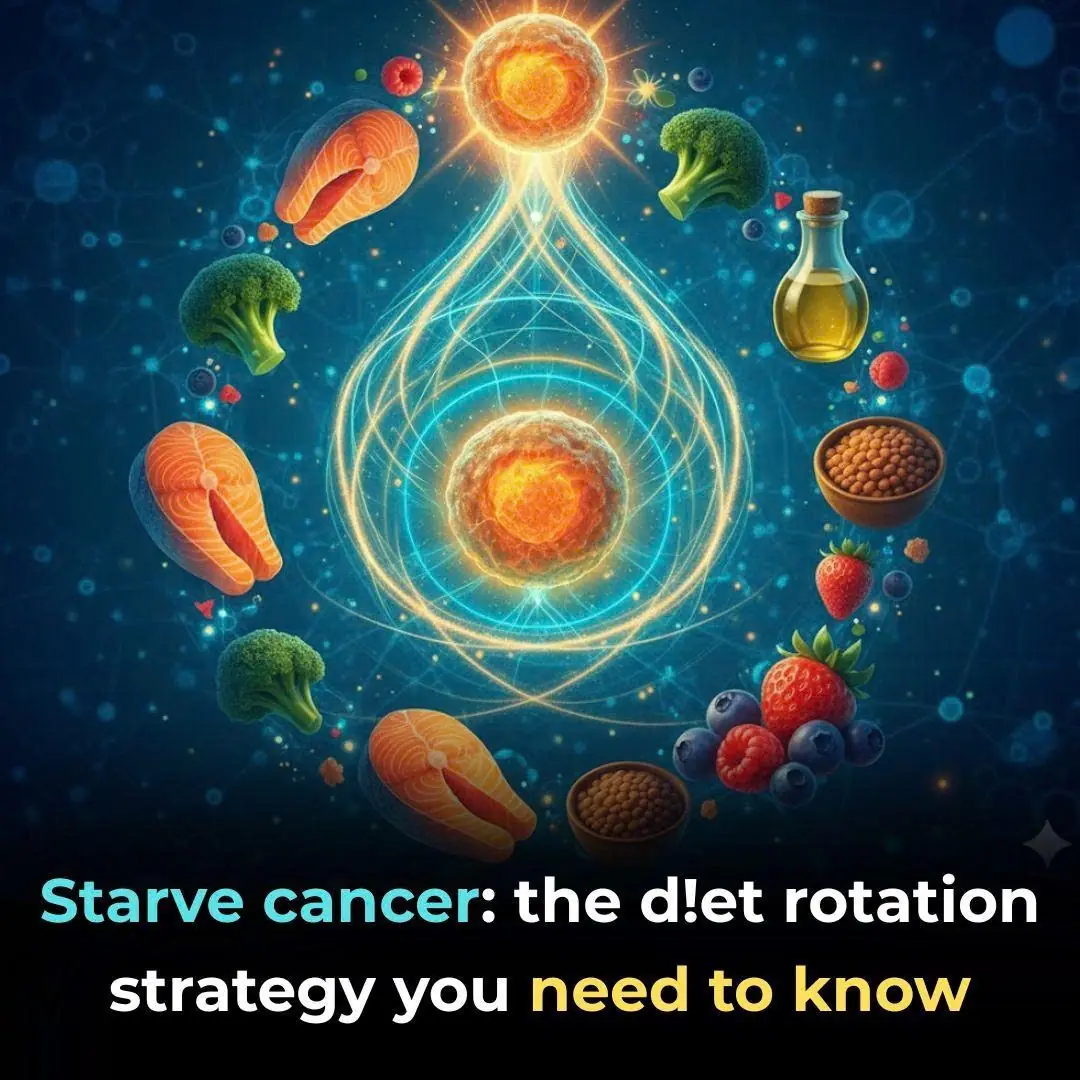
Starve cancer: the diet rotation strategy you need to know

SHOCKING NEW STUDY REVEALS WHAT MIGHT BE SILENTLY DESTROYING HUMAN FERTILITY

POPULAR SHAMPOO URGENTLY RECALLED BECAUSE IT CONTAINS BACTERIA THAT KILLS UP TO ONE IN TEN PATIENTS

Nurse who's witnessed 'so many deaths' explains spine-chilling moment she realised 'what happens after we die'
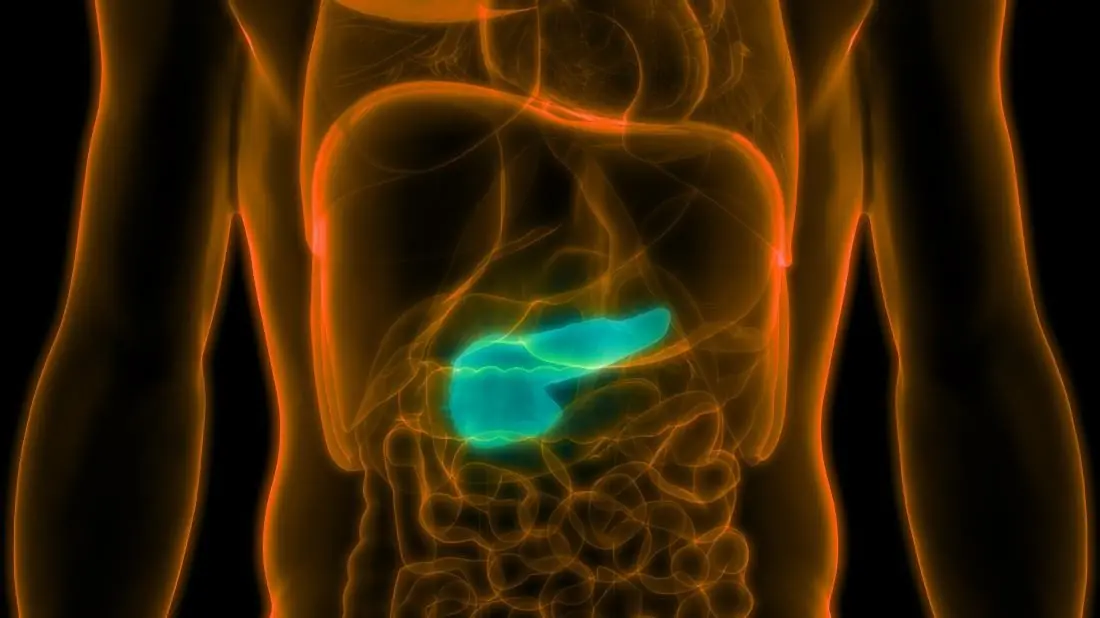
The influenza flu virus is being used to cure pancreatic cancer

Eye Doctor Reveals What To Do If You Start Seeing ‘Floaters’

If cancer cells are present in the body, these 3 symptoms often appear in the morning everyone should pay attention

3 foods you thought were bad for diabetes (but aren’t!)
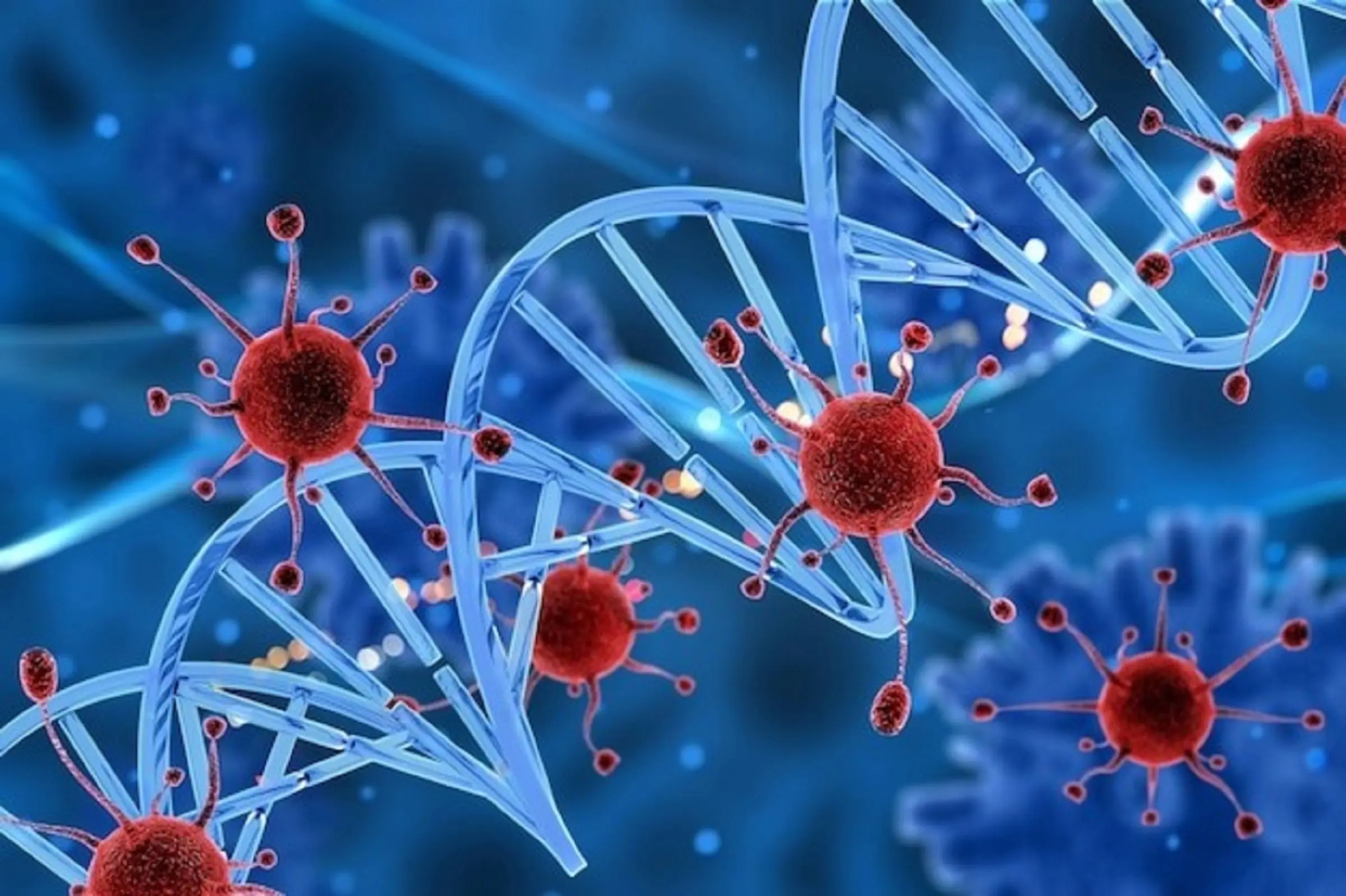
CANCER IS PAINLESS AT FIRST, BIT IF YOU SEE THESE 8 SIGNS WHEN GOING TO THE TOILET, YOU SHOULD SEE A DOCTOR IMMEDIATELY
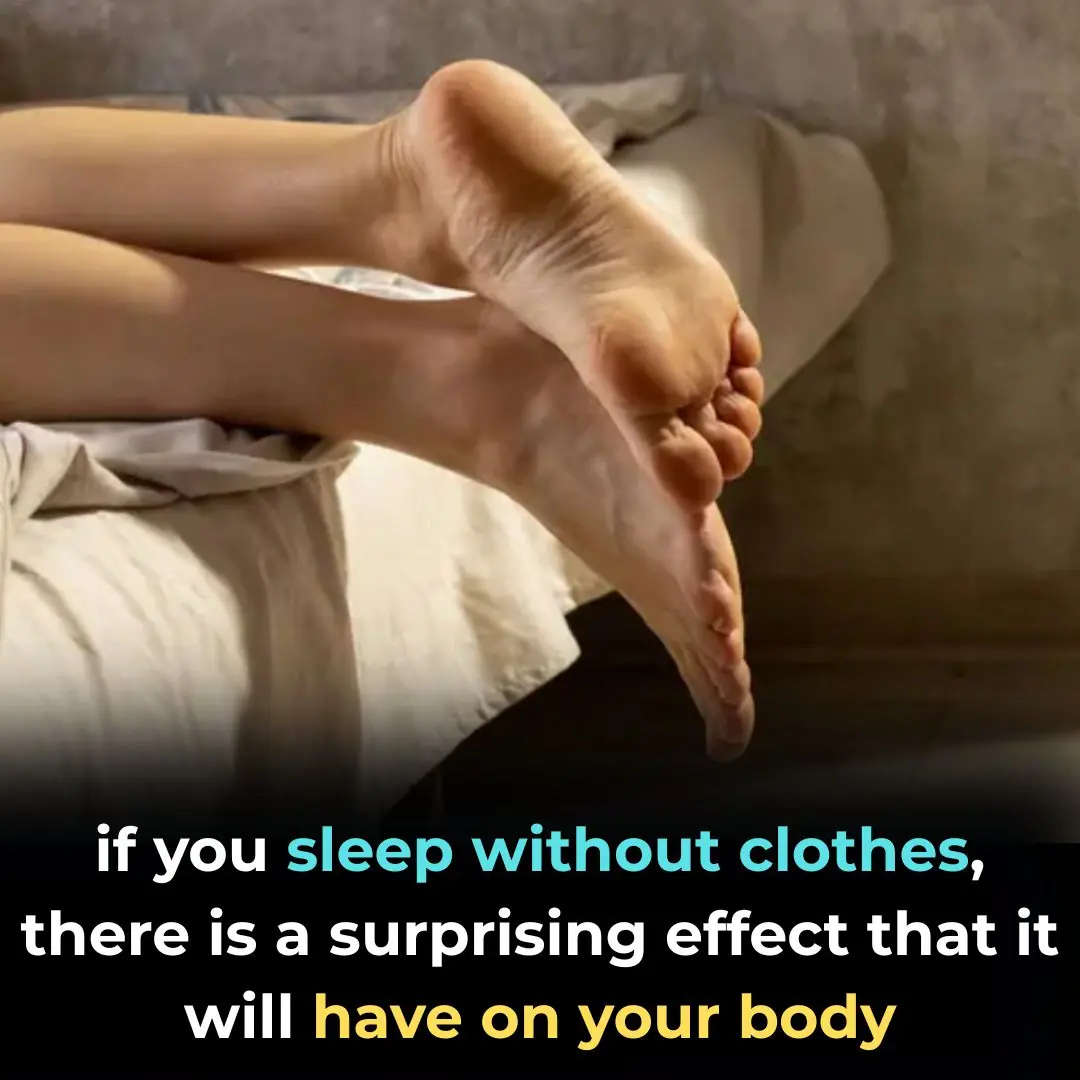
Sleeping Naked: 8 Surprising Benefits
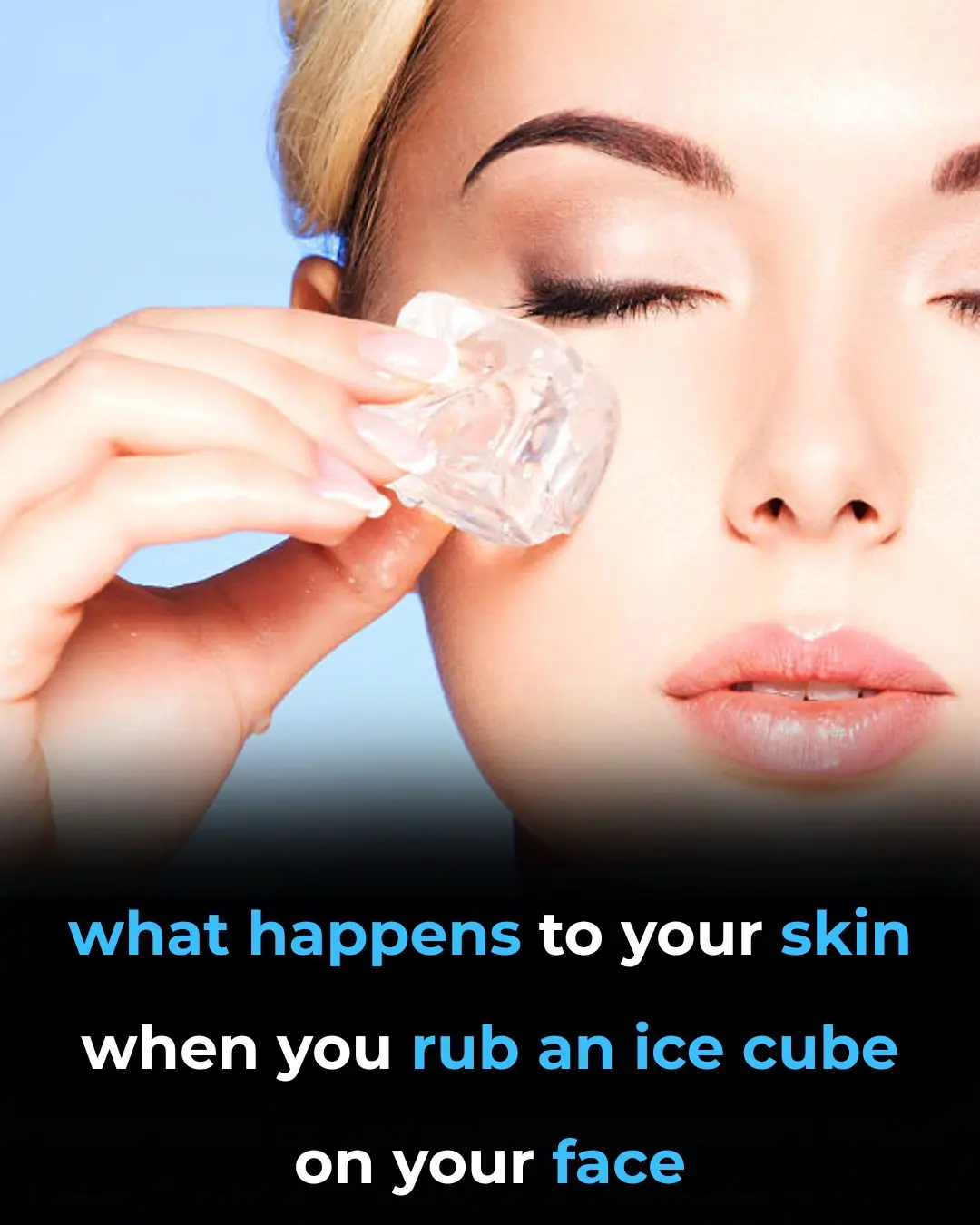
What Happens To Your Skin When You Rub An Ice Cube On Your Face

🤢 The Real Causes of Constant Phlegm and Mucus in Throat — And How to Get Rid of It

The Tennis Ball Trick That Can Relieve Back, Neck Or Knee Pain In Seconds
News Post

Shrimp injected with impurities is easy to distinguish: Smart people will see this point

Tips for cleaning an air fryer without scrubbing and still clean as new

25 Incredible Health Benefits of Goosegrass

The water pipe is clogged, just blame this and it will be solved easily, no need to waste money calling a plumber.

How to clean the bathroom easily and effortlessly: It will stay clean and fragrant all week long

Simple tips for making crispy roast pork skin without much effort: Golden brown, crispy skin like in restaurants

How bathing too often can affect your health

Dirty sofa, do not use wet towel to wipe: Use this to clean it, it will not be damaged

Drop this into the basin, clams and snails will release all the mud and dirt, making them 5 times more fattening.

Tips to avoid blackening pots when using gas stoves: Very simple, everyone should know

Learn from the Japanese by soaking bananas in this water: Get a longevity food, not everyone knows

Did you know that if you get spots on your hands it means you have

See why and how to choose melon effectively...
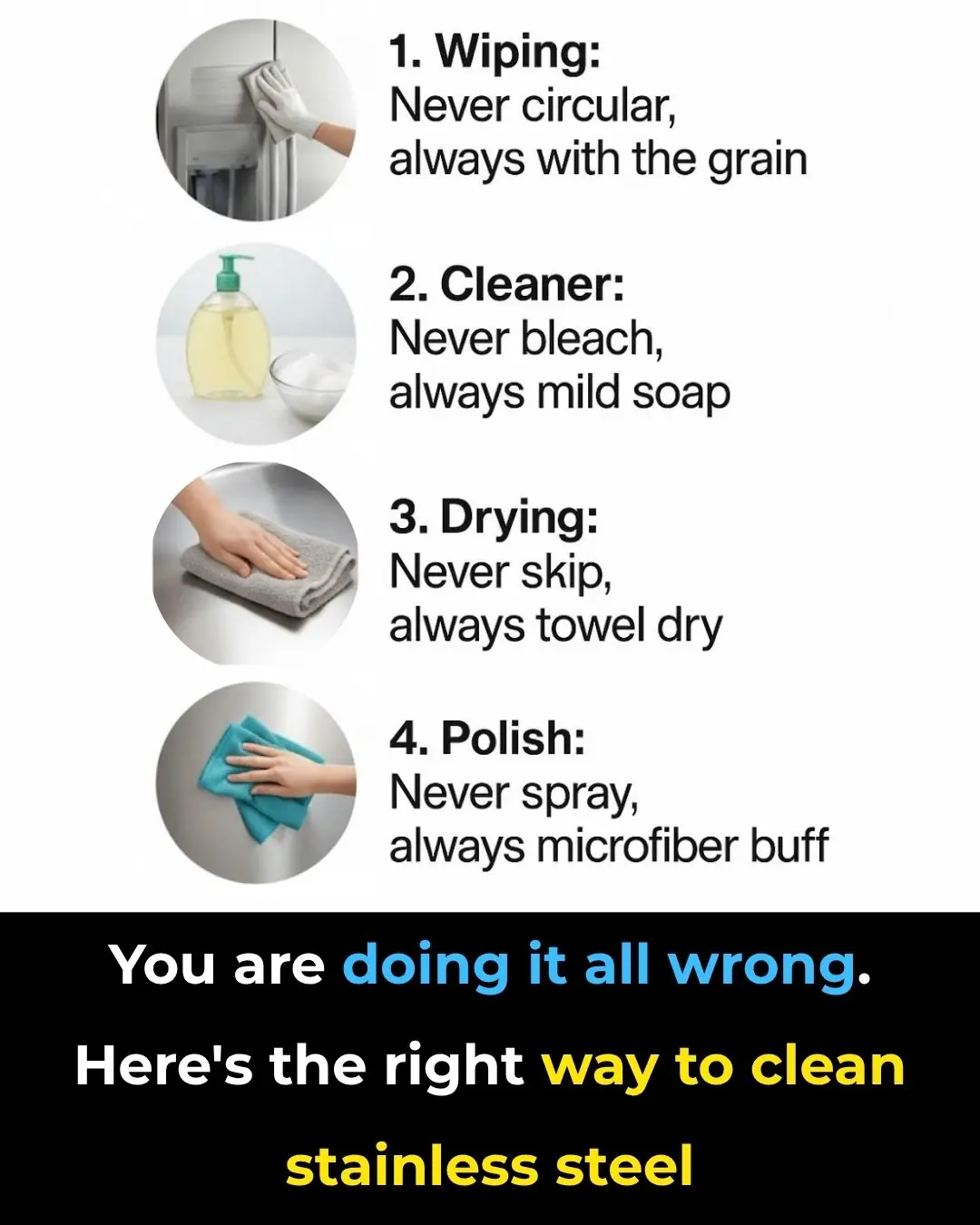
You are doing it all wrong. Here's the right way to clean stainless steel

Should You Throw Toilet Paper in the Toilet or in the Trash?
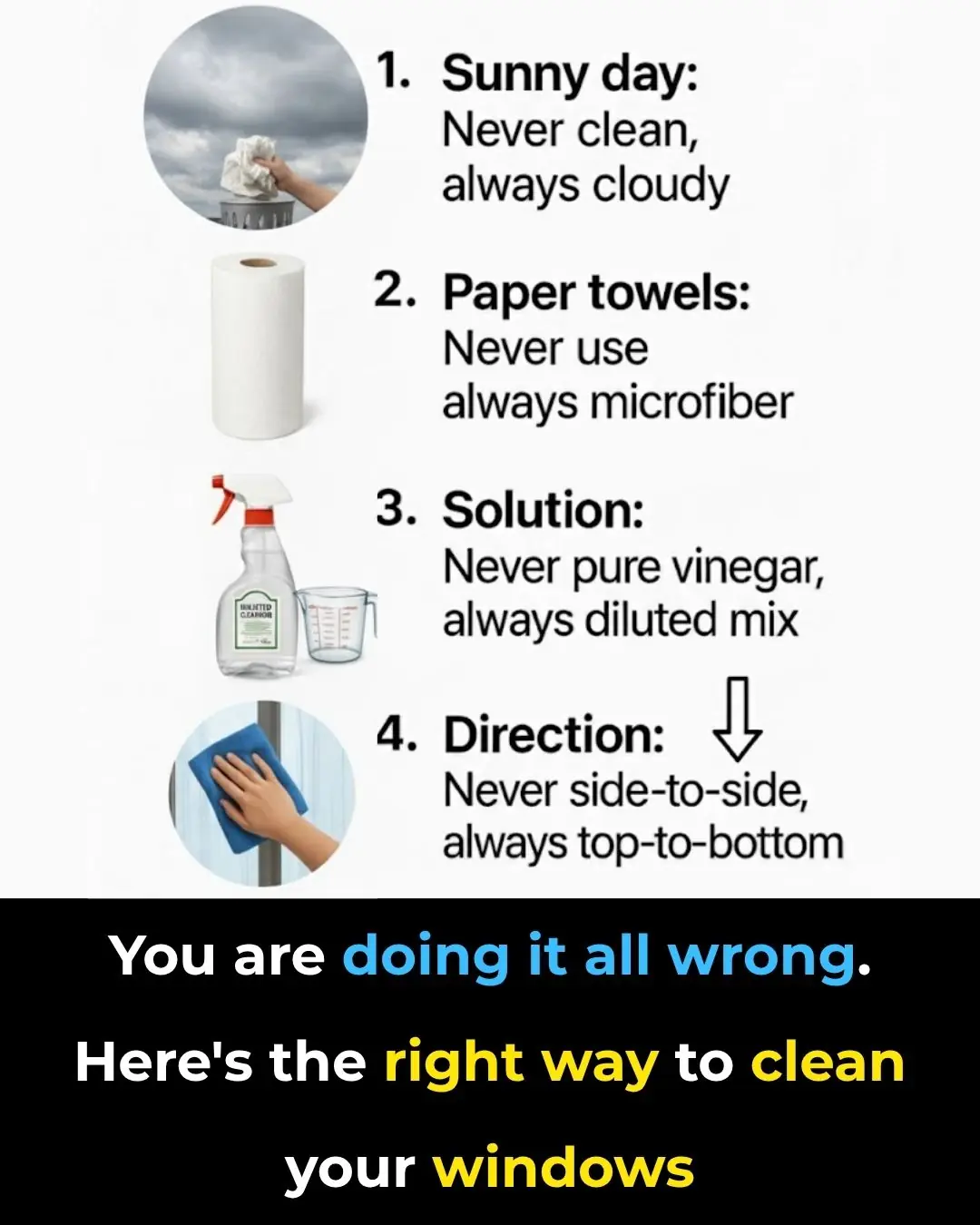
You are doing it all wrong. Here's the right way to clean your windows

Discover Love in the Little Things: Everyday Connections

Add This to Your Mopping Water – Your Floors Will Shine Like New and Stay Dust-Free for a Whole Week

Hidden Smartphone Tricks You Didn’t Know About
